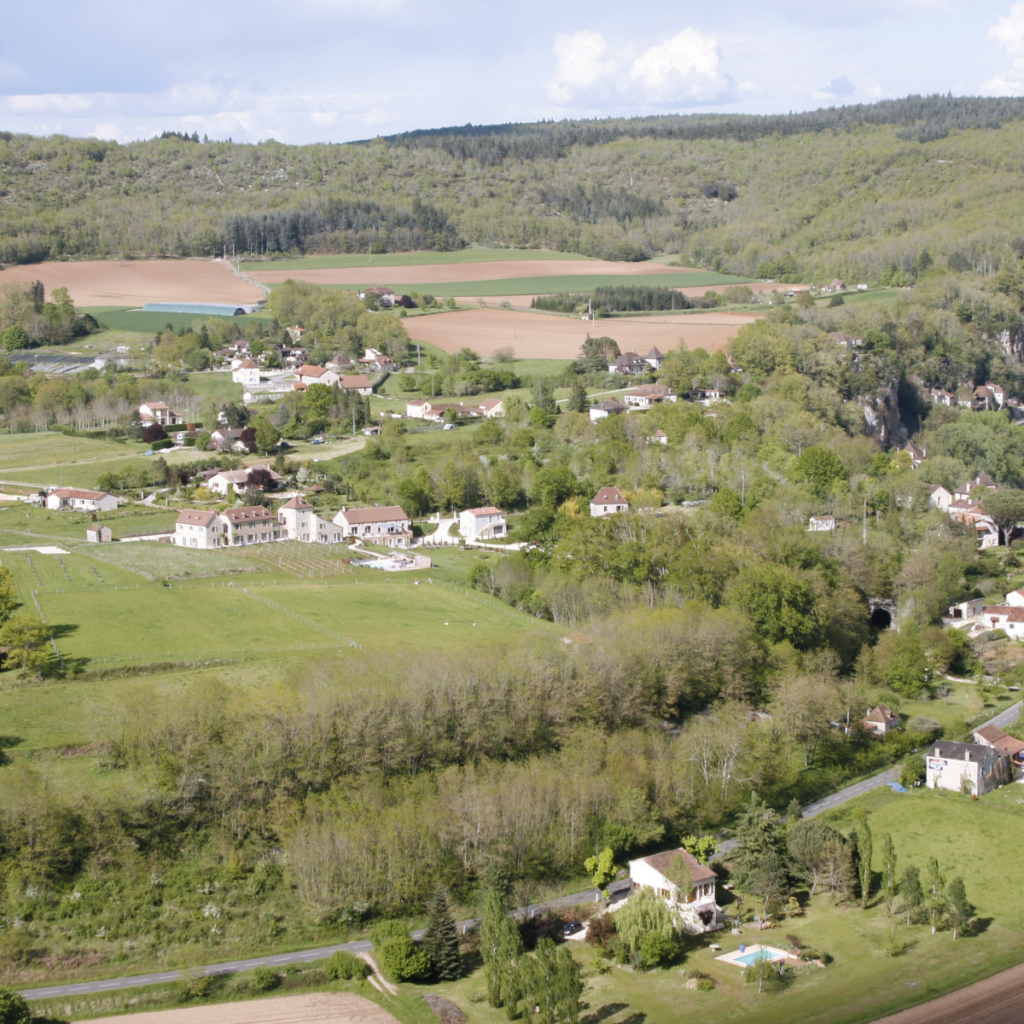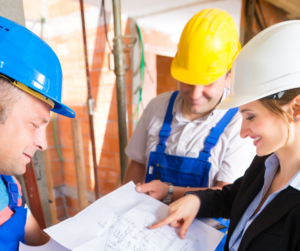Things to consider
When building a Custom Home
So, you are about to purchase a new home in Edmonton and have decided you would rather build it from start to finish, instead of buying a pre-built one. That is a great decision; building your home yourself is one of the best ways to maximize the benefits of owning a home.
A custom home is adapted to the needs, preferences, and lifestyle of it’s owner, rather than the owner adjusting to the constraints of the home. A custom home is a true reflection of you, that can be tailored to your desired floor plans, additional options in the home, and your choice of paint and interior finishes, with the guidance with an experienced interior designer.
While the benefits are endless in building a custom home, there are also many things you should consider prior to starting this process. If you are not aware of these issues and well-prepared for them, your home-building adventure could turn into a misadventure. Building a new home is an expensive, labor-intensive project with many moving parts, and as Real Canadian Management points out, most people who embark on building their own home underestimate the work involved in the process.
1. Buying a lot before you know the cost of building on it
Hopefully, at the time of reading this, you have not yet bought your lot. The land you build your house on plays a major role in the eventual cost of the home. It can even influence the type of home you are able to build. Most custom homebuilders focus on the attractiveness of an area when choosing a site.
They do not consider site preparation costs which include: 1. cost of connecting municipal services, 2. municipal zoning, 3. groundwater issues, or 4. other factors that could significantly inflate the budget. Before investing in a lot, conduct a feasibility study to know what you are up against, at the very least.
2. Plan every detail before you begin
Building your own new home is exciting and most project owners usually can’t wait to get started. They assume they can figure out things as they go. But this is the easiest way for a project to overshoot its budget and schedule.
The project planning phase is where you harmonize your vision with your team’s knowledge. Planning provides a framework for capturing every detail of the home. It allows you to determine the scope of work and cost every aspect of the construction. The planning phase can take several months but without it, you will be hit with many unexpected costs.
3. Failing to design for the future
A lot of people who build a custom home design their project to fit their current stage of life. They do not think about what their lives will be in the next five to ten years.; furthermore, they do not consider that they might want to sell the property in the future, or even rent it out.
As a result, they build the home in a way that as their needs change over the years, the home is no longer suitable for them. Such homeowners find that they have to make expensive changes to the property if they want to keep living in it, or sell it.
4. Design according to your budget and not your dreams
Before you start to design your home, set the budget boundaries; it determines almost everything about the design. If you leave the designer to come up with a design, based only on your ideas for your dream home, the home is likely going to be too expensive.
Many newbie homebuilders start by first creating a design they love, and then they try to fit that design into their budget. This can lead to expensive and avoidable costs. If you do not set solid budget limits, the project cost will spin out of control.
5. Having an unrealistic timeframe
Building projects hardly ever reach completion without any delays, and because of the number of variables involved in a construction project, most project timelines are only estimates. The timeline will depend on a lot of factors that are beyond you and the builder’s reach.
Unexpected problems will occur, there may be issues with permits, backlogged construction trades, and the weather will sometimes not cooperate with you. All of these have the potential to make the project drag longer and increase the cost. This is why it is important to plan for delays from the outset.
6. Choosing the wrong designer and builder
Finding a builder is easy, finding a qualified builder that fits your budget, timeframe and needs might take some time.
Don’t be afraid to treat the home builder analysis process like an interview. Ask every company these three questions (before you actually sign a contract):
Can you meet my timeline for completion?
Do you have specific experience with any specialty items I would like implemented in the home?
What professional home building organizations are you a member of?
Are there any concerns I need to be aware of when building this home?
7. Prepare for Possible Minor Bumps
Even with the most detailed project plans, and most reputable home builders, there are thousands of pieces that have to come together to make your dream home a reality — something unexpected will most likely come up – it’s inevitable. A reputable home builder will help you anticipate these bumps, and guiding you through them as they arise, while minimizing your stress.
8. Trust Your Home Builder
When it comes down to completing your project in the most efficient, and cost-effective way possible, your home builder should have a wealth of experience and successes. Have trust that your builder will work in your best interests and keep your home on track.
Montorio Homes builds affordable custom homes in the Edmonton and Beaumont areas. Areas include: Walker Summit, Glenridding Ravine, Cavanagh, Dansereau Meadows.
Come and visit us in key communities around the Edmonton and surrounding communities. Visit our show home page to find out more about each community.

